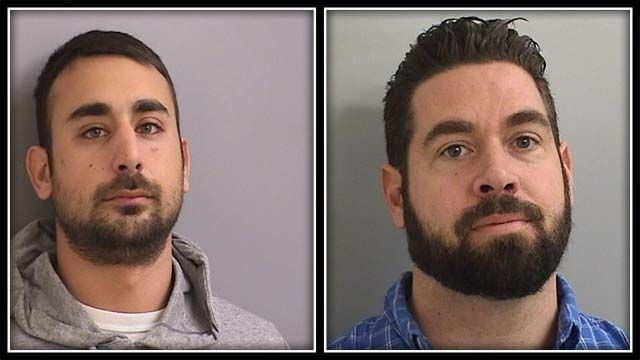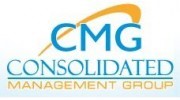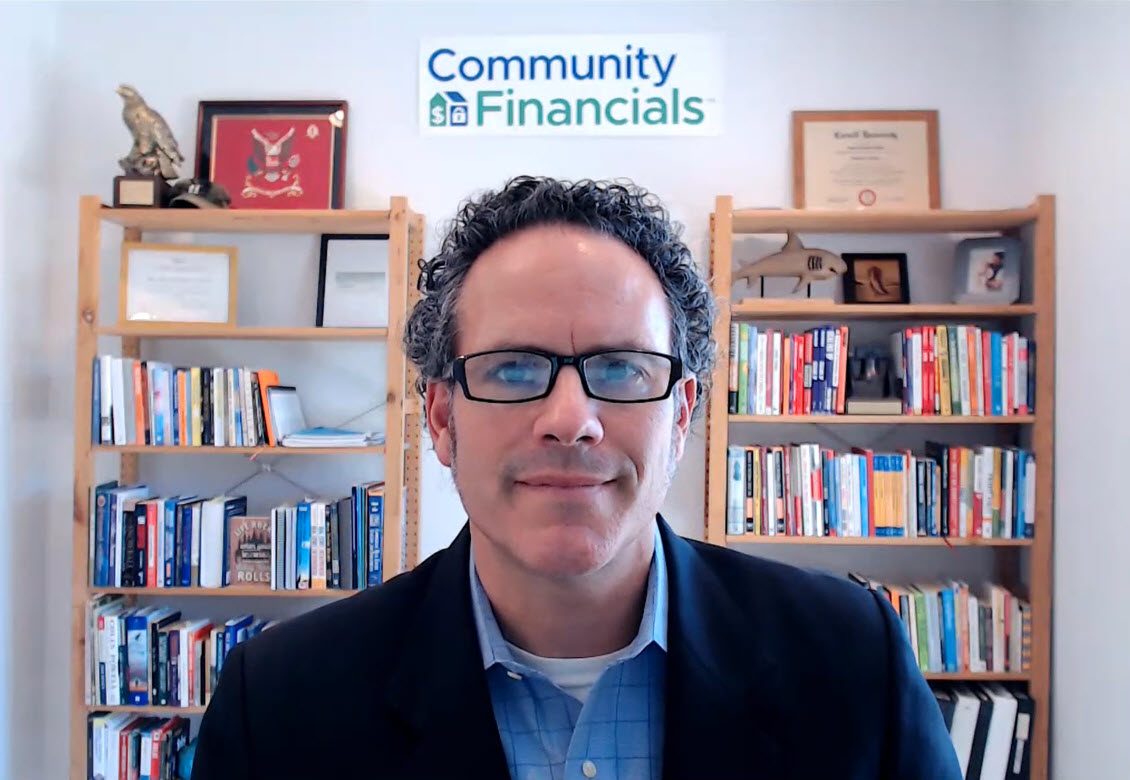Community Embezzlement Case Studies – Connecticut
In our series of blog posts titled: “Association Greed – Board Members, Managers & Missing Money” we highlight wrongdoing by community association managers and board members. In this first installment: Community Embezzlement Case Studies – Connecticut – we go over the facts of the crime and how you can prevent it at your community.
The following cases are examples of what can happen when a condo board chooses the wrong management firm or when it does not have a specialist condo bookkeeper help with the financial management which can result in one of its own officers abusing his or her responsibilities.
Arrests Made After Loss of Nearly $280,000
Nearly $280,000 was stolen by three co-conspirators associated with a property management firm called D&H Management of Plainville, Conn., from condominium associations in Plainville and Bristol, Conn., in 2015.
Owners of condominiums at the affected complexes said that despite complaining to the management firm repairs did not occur because of the thefts.
Plainville police did not release the number or identities of the condominiums impacted by the theft of $275,527 in condominium funds, but they investigated the finances of 26 condominiums and found evidence that there were 133 illegal withdrawals, 343 checks diverted and 105 checks written to a fraudulent account from January 2014 through March 2015.

Charged in connection with the thefts were Devin Hill, former owner of D&H Management, Dereck Cutone and an unnamed third person. Hill was charged with first-degree larceny, conspiracy to commit first-degree larceny and conspiracy to commit second-degree larceny. Cutone was charged with second-degree conspiracy to commit larceny. Working with fraud investigators from Farmington Bank and Webster Bank, in their warrant police said they learned that Hill’s father, Donald Hill, made deposits into the associations’ accounts.
Donald Hill, formerly president of D&H Management, told police he knew about the embezzlement and used his own money to pay back the losses.
Cutone said he was suspicious of Devin Hill’s actions, according to police, but cashed several checks and gave the cash to Hill, according to the warrant, which said Cutone admitted to altering account information.
Police noted that Devin Hill made payments to a contractor, who was issued checks for work performed, and the amounts seemed “unreasonably high,” the warrant said. The various associations told police that they were concerned about the work quality.
How to Prevent at Your Community:
First get access for the board to view the bank account online. If the board had this access they would have spotted suspicious activity like the illegal withdrawals. Second, use a company that has systems like online payments and a lockbox where owner payment checks cannot be diverted and go straight to its bank account. Lastly, all invoices could go through an online review and approval system where 1 or 2 board members can review bills and must approve them before any payments made.
Losses range up to $2.3 million
Losses by Connecticut condominium associations in a case involving a Westport-Connecticut property management company totaled up to $2.3 million, according to news reports. The U.S. Attorney’s Office said the money was embezzled between June 2008 and March 2012. The total losses incurred by some of the 142 condominium associations in Connecticut served by Consolidated Management Group of Westport. One association reported that it did not have insurance to cover the loss of $108,000. Nine southern Connecticut condo complexes managed by Consolidated Management assert that more than $1 million was stolen from them.

Following the arrest of David Liptak, former Controller of Consolidated Management in connection with the crime, the number of the firm’s condominium clients dropped to 70, according to the state Department of Consumer Protection.
Liptak, a Milford, Connecticut resident, embezzled the money from Consolidated Management’s clients, according to the U.S. Attorney’s office. Former clients stated that they did not receive bank statements, and their financial reports did not match the actual bank balances. In January of 2015, Liptak pleaded guilty to one count of interstate transportation of money obtained by fraud and was ordered to pay full restitution and a fine of $3,000. He was sentenced to 10 months in prison, followed by three years of supervised release. He was paroled after six months.
How to Prevent at Your Community:
The board did not get bank statements and the Controller made bogus financial statements to cover his theft. First the board should get bank statements and/or the ability to view the bank account online to help spot suspicious activity. Second, get a bank reconciliation report as part of the financial reports – if they don’t tie out there could be a problem. Third, use a company with systems that have the receivables and payables upload into the community accounting software – this reduces the potential for changing the financial reports.
Ex-condo President arrested in $10,000 theft
Not all crimes involving embezzlement from condominium associations are committed by management firms. Sometimes they are done by members of the boards that oversee them, particularly when they don’t contract with a reputable third party to provide full management or financial management services.
That was the case of the former President of a condominium association in Stamford, Conn. In October of 2015, board officials of the new Ocean Park Condominiums, a small complex of five units, told Stamford that its accounts had been drained, leaving the condo owners in financial ruin. In total, nearly $10,000 had been embezzled.
A police investigation resulted in the arrest of Jaime Lipsher, then 47, former President of the association. A search warrant of the association’s accounts showed that despite that fact that condo owners were faithfully paying their monthly fees of $170 per month, there was only $15.18 left in the account when Lipsher turned over the books in September of 2015.

The police arrest affidavit revealed that Lipsher withdrew $2,100 from the association account about four months into her Presidency in October 2014. During that time period, there was no work being done at the complex, but a resident recalled Lipsher taking a Caribbean vacation at about the same time, according to the police affidavit.
A surveillance tape at a local bank filmed her withdrawing $900 from the account in August 2015, police said, noting that suspicious withdrawals totaled $9,550. In response to questions from police, Lipsher said condo owners weren’t paying their monthly dues and she had to pay for maintenance and garbage and recycling fees.
But referring to the condo association’s books, police said she was mistaken and reminded her that the city paid garbage and recycling fees.
How to Prevent at Your Community:
First the board should get bank statements and/or view the bank account online to look out for suspicious activity like the withdrawals this President made. Second, the board should receive monthly financial statements (and read them) so they can spot differences in expenses from what was budgeted – the best report for this is the comparative income & expense report.
The best way to learn these lessons is from another board’s mistakes. We hope these three case studies motivate you to take the outlined preventative steps to save your association money and a lot of grief.


